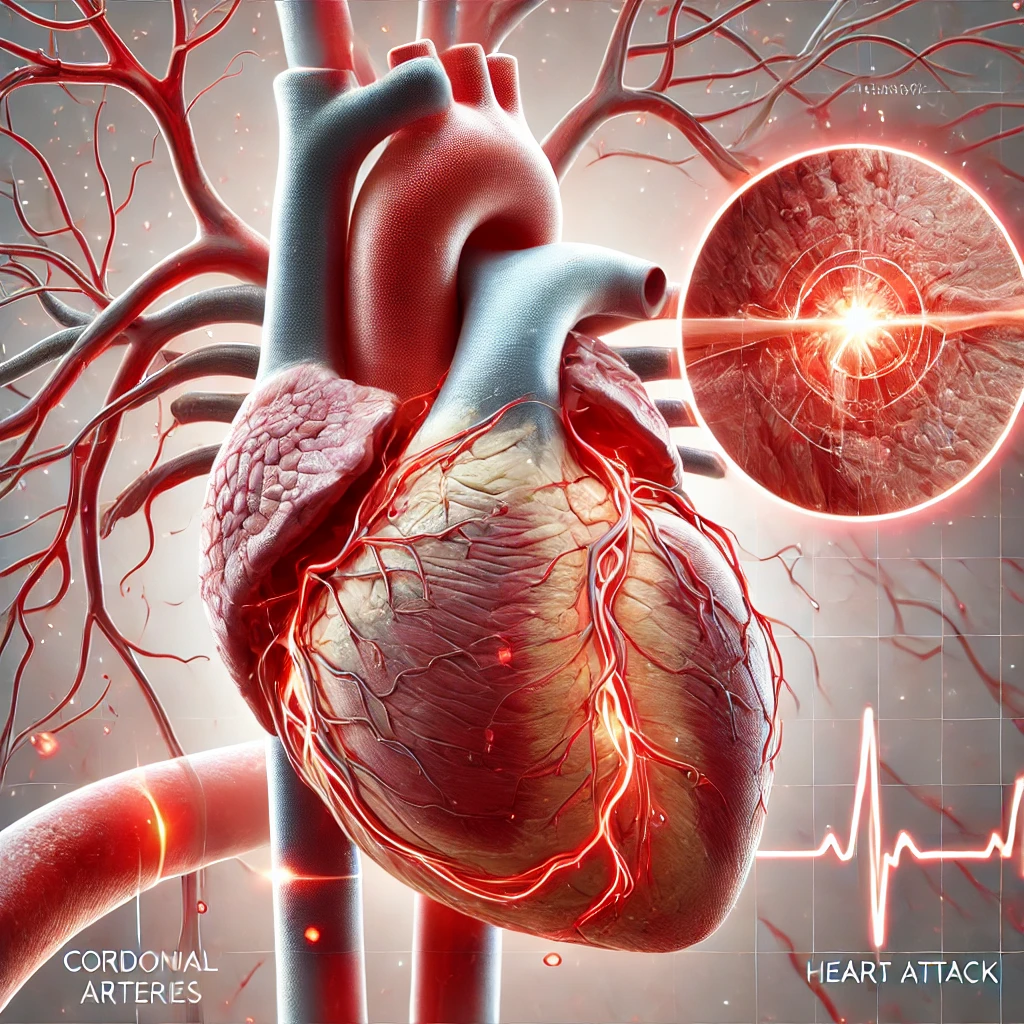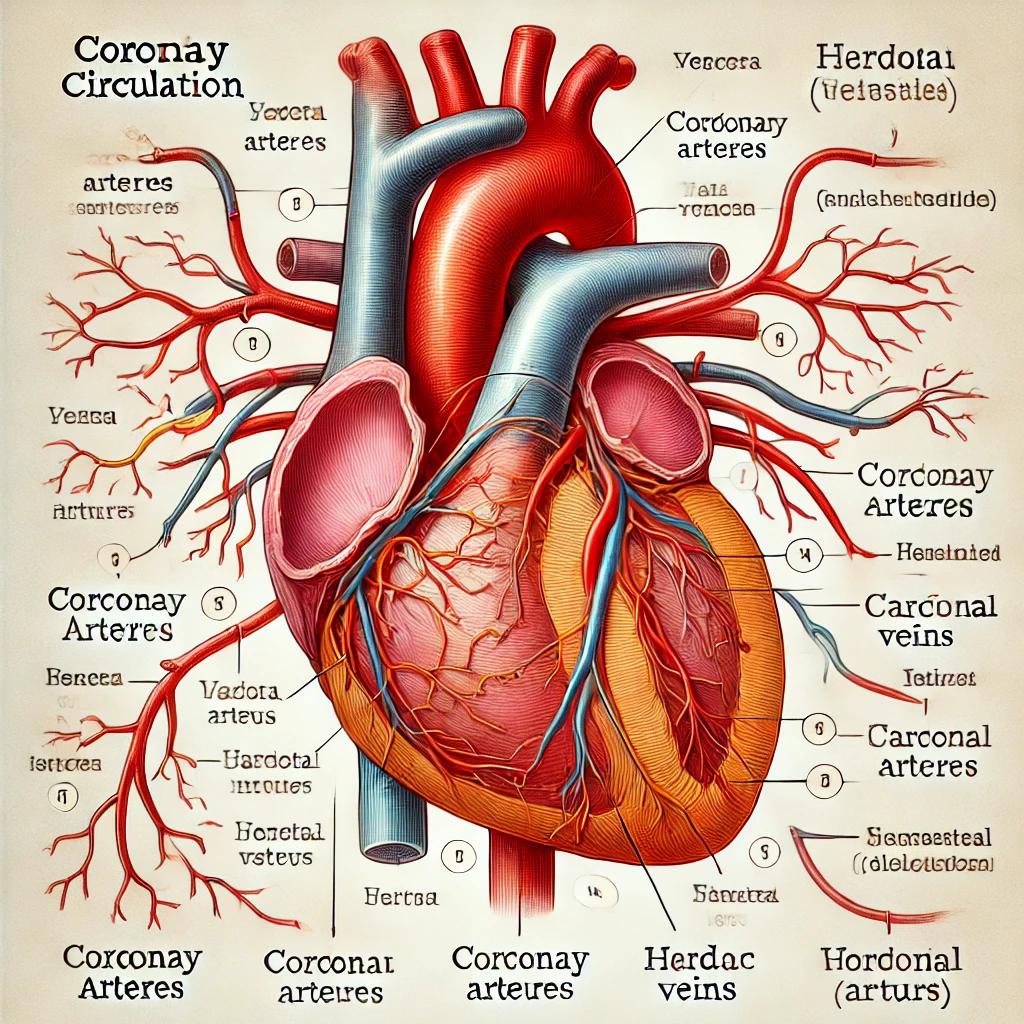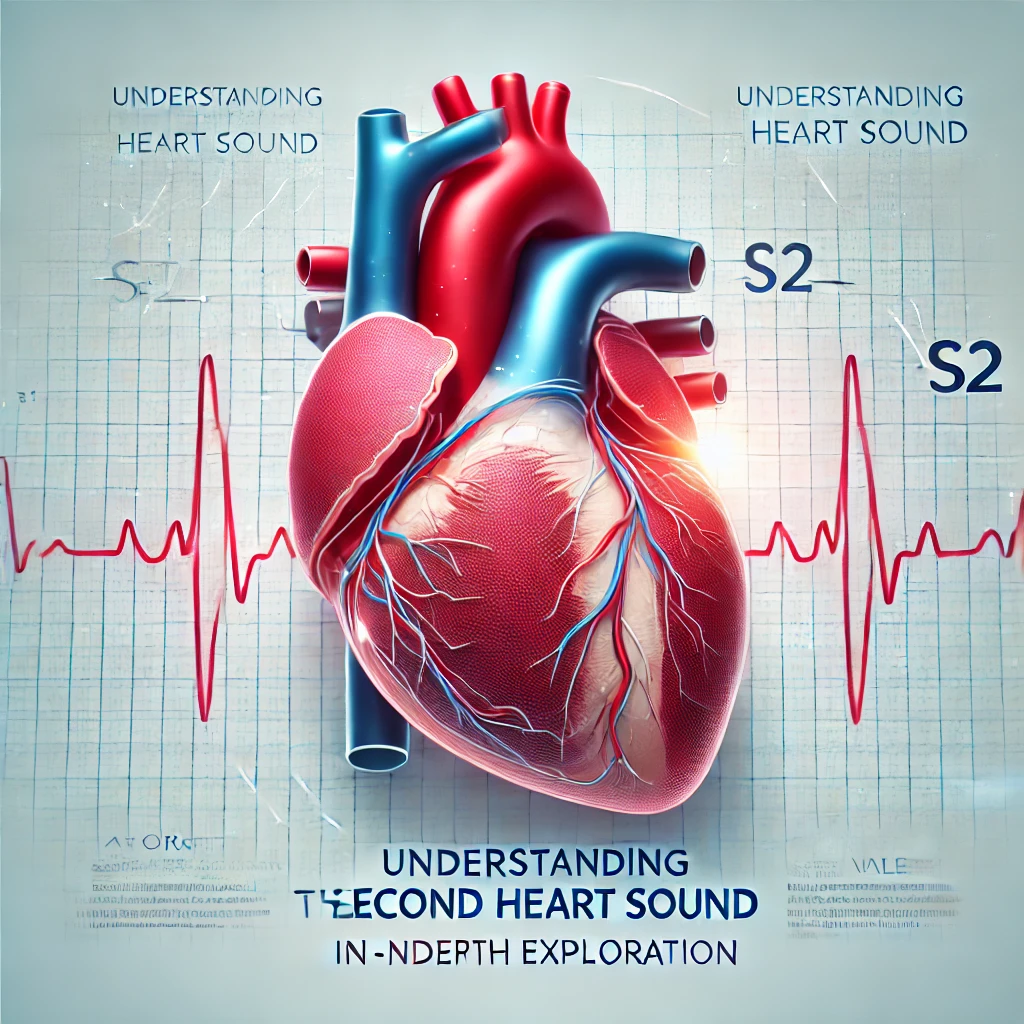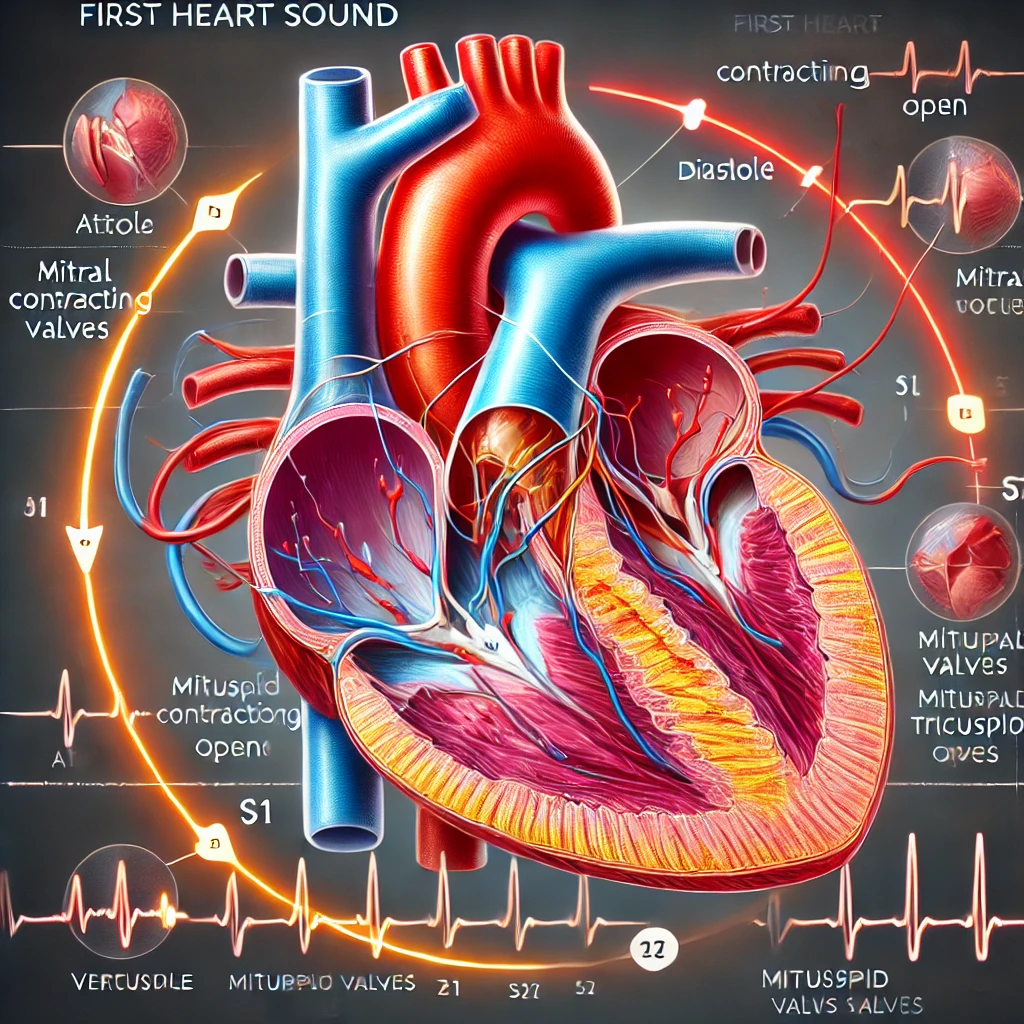Why a Doctor’s Job is Called a ‘Duty doctor‘: Understanding the Noble Profession
Doctors are often regarded as one of the pillars of society. Their profession is synonymous with service, commitment, and, most significantly, duty. This doesn’t merely refer to their shift timings in a hospital or clinic but extends to the broader, more profound responsibility they shoulder towards their patients, their community, and the science of medicine itself. But why do we specifically use the term ‘duty’ when referring to a doctor’s job? This article seeks to delve into this topic, exploring the etymology, historical context, and the ethical and emotional aspects associated with the term ‘duty’ in the medical profession.
The Etymology and Meaning of ‘Duty’
The word ‘duty’ originates from the Old French term ‘deu,’ meaning something that is ‘owed’ or ‘due’. In its current usage in English, duty refers to a moral or legal obligation; a responsibility or a task or action that someone is required to perform. The term carries a sense of moral gravity and obligation that transcends a typical ‘job’ or ‘work’. When we discuss doctors’ duties, we’re talking about a deeply ingrained ethical responsibility that goes beyond their day-to-day tasks.
In the field of medicine, ‘duty’ has a profound significance. It’s not just about completing a set number of hours or performing certain procedures; it’s about an unwavering commitment to preserving health and saving lives. It’s about prioritizing patients’ wellbeing, often over their own personal life and comfort. It’s about continuously updating their knowledge and skills in a rapidly evolving field. It’s about serving the community, often in challenging circumstances. It’s this multifaceted responsibility that makes a doctor’s job a ‘duty’.
The Oath and Code of Ethics in Medicine
Hippocratic Oath: The Foundation of Medical Duty
The medical profession’s sense of duty can be traced back to antiquity with the Hippocratic Oath – an ancient Greek medical text often attributed to Hippocrates, the ‘Father of Medicine‘. Though its original text has been modified over centuries, the essence remains the same – a pledge to uphold specific ethical standards. This oath, taken by doctors worldwide, is a solemn vow to put the patient’s needs first, treat them to the best of their ability, respect their privacy, and do no harm.
The modern version of the oath, known as the Declaration of Geneva, includes phrases like “I will respect the secrets that are confided in me… My colleagues will be my sisters and brothers… I will maintain the utmost respect for human life…” These words resonate deeply with the essence of duty – a voluntary commitment to serve others, often at a personal cost.
Medical Ethics: Codifying the Duty
Beyond the oath, professional medical organizations have established codes of ethics to guide doctors in their practice. For instance, the American Medical Association’s Code of Medical Ethics provides comprehensive guidelines on various aspects of medical practice. These guidelines reinforce the notion of the doctor’s duty towards their patients, the profession, and society at large.
Doctors’ Duty Towards Patients
Patient-Centric Care: The Core of Medical Duty
The primary duty of a doctor is towards their patients. Patient-centric care is at the heart of medical practice. It emphasizes respect for the patient’s needs and preferences, therefore informed consent, confidentiality, and a commitment to doing no harm. The bond between a doctor and a patient is one of trust, necessitating the physician to act in the best interest of the patient at all times.
Balancing Beneficence and Autonomy
Part of the doctor’s duty is to balance the principles of beneficence (doing good) and autonomy (respecting the patient’s right to make informed decisions about their own care). This delicate balance often presents ethical dilemmas but is essential in ensuring patient dignity and quality of care.
Doctors’ Duty Towards Society
Promoting Public Health
Doctors have a duty towards the society they serve. They play a crucial role in promoting public health, not just through direct patient care, but also through health education, advocacy, and research.
Addressing Health Disparities
Doctors also have a duty to address health disparities in society. They are often at the forefront of advocating for equitable access to healthcare and fighting against systemic therefore issues that affect health outcomes, like poverty and discrimination.
Doctors’ Duty Towards Continuous Learning
The Lifelong Learning Pathway
The medical field is one that is continuously evolving, with new research, technology, treatments, and medical guidelines emerging regularly. This necessitates doctors to be lifelong learners. As part of their duty, doctors need to keep up-to-date with these changes therefore to provide the best care for their patients. This involves continuous professional development, attending seminars and conferences, reading medical literature, and participating in workshops and training programs.
Research and Innovation
Many doctors contribute to the advancement of medical knowledge through research. They may conduct studies, participate in clinical trials, or write case reports and review articles. This not only helps improve patient care but also adds to the global body of medical knowledge, benefiting society at large.
The Duty of a Doctor in a Pandemic Situation
Serving on the Frontlines
The COVID-19 pandemic brought to the forefront the therefore immense duty that doctors carry. They were the frontline warriors, risking their own lives to save others. The pandemic made it clear that a doctor’s duty often involves putting their own safety at risk, therefore working long hours under stressful conditions, and making difficult decisions with limited resources.
Ethical Challenges
In such situations, doctors face numerous ethical challenges – from deciding who gets a ventilator in a resource-limited setting to dealing with the mental health therefore implications of the pandemic. Yet, they continue to serve, driven by their sense of duty and commitment to their patients and communities.
The Emotional and Psychological Aspect of Duty
The Emotional Toll
While the duty of a doctor is often associated with honor and respect, it also comes with significant emotional and psychological challenges. They often have to deal with difficult situations, such as delivering bad news, dealing with patient deaths, or making tough decisions. This can take an emotional toll over time and can lead to burnout, stress, and mental health issues.
The Importance of Self-care
As part of their duty, doctors also need to take care of their own health and wellbeing. This is not only important for their personal health but is also crucial to ensure that they can provide the best care for their patients. Self-care strategies, peer support. Therefore mental health resources, and work-life balance are all critical aspects of a doctor’s duty to self.
The Challenges and Rewards of Duty
The Dual-edged Sword
While the duty of a doctor comes with its challenges, it also brings immense rewards. And the joy of seeing patients recover are all therefore part of the rewarding nature of this duty. Yet, therefore it is a dual-edged sword, bringing with it the pressure of making the right decisions. The emotional impact of dealing with illness and death, and the personal sacrifices required.
The Ultimate Commitment
Despite these challenges, doctors across the globe continue to fulfill their duty with dedication and commitment. This is what makes the profession so noble and respected. The term ‘duty’ encapsulates this ultimate commitment – to serve, to heal, and to contribute to the betterment of humanity.
Conclusion
It’s a term that goes beyond its basic definition, reflecting the multifaceted responsibilities that doctors carry – towards their patients, towards society. And towards the profession itself. It’s a term that represents the essence of medicine – service, commitment, and an unwavering dedication to preserving health and saving lives. The doctor’s duty is indeed a noble one, worthy of our respect and admiration.




